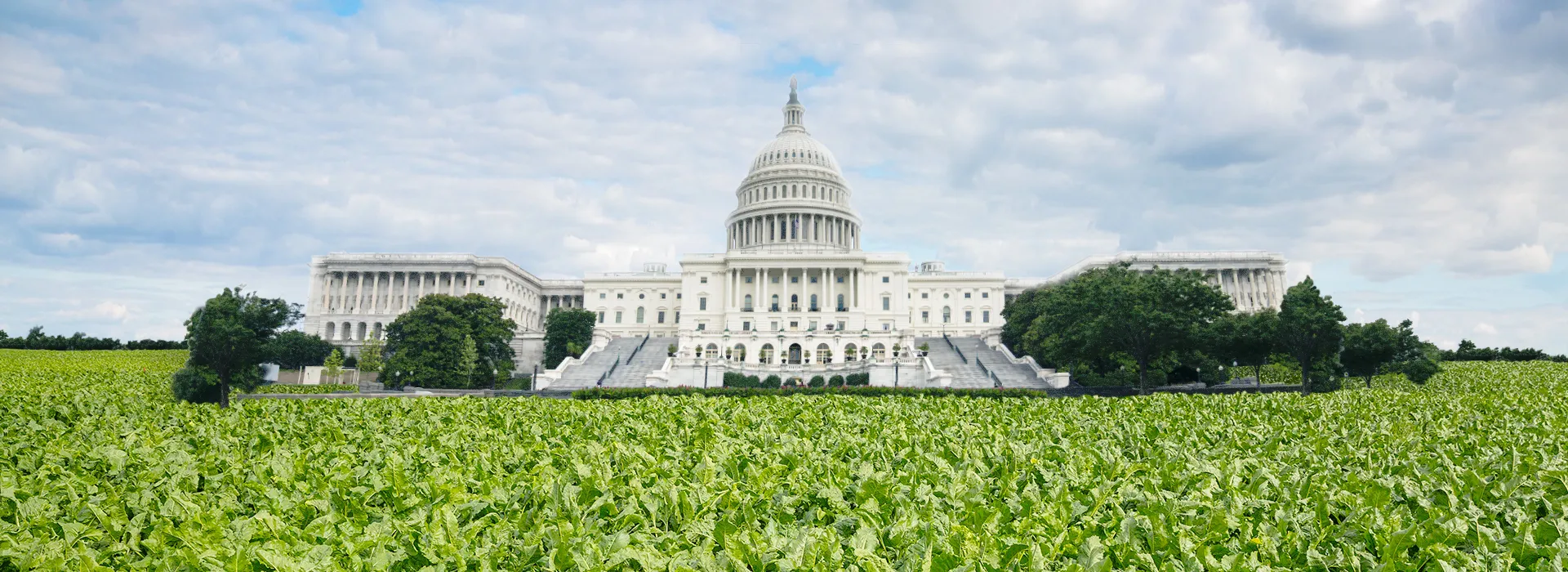How political action committees, or PACs, work.
PACs in American Politics
During the past 28 years, PACs have grown to become an important element in financing the political campaigns of congressional, state and local candidates. Yet few Americans understand PACs and the role they play in the political process.
A PAC is simply a group of individuals who pool their financial resources to help elect candidates to public office - men and women who share the group’s interests and concerns about public policy issues. Any group of US citizens or nearly any US organization can form a PAC.
Rationale for PACs
PACs are a logical extension of our democratic process. PACs are people who recognize that there is strength in numbers. Throughout our country’s history, groups of like-minded citizens have joined together to ensure that their voices are heard in the political process.
Additionally, PACs are an important source of funds to candidates. Candidates must rely on expensive broadcast media, direct mail efforts, polling and campaign consultants, not to mention the traditional posters, bumper stickers, billboards, and other political paraphernalia. As a result, candidates look to every source for campaign support, including individuals, political parties, their own personal resources, and PACs.
Laws Governing PACs
Today’s federal law limits PACs from giving more than $5,000 per candidate per election (primary and general). Further, the law specifically prohibits corporations and other organizations from using business funds for campaign contributions. However, corporations are allowed to establish PACs and solicit voluntary donations from member company eligible employees as specified by law. For more information on campaign finance, and the laws governing political action committees, go to http://www.fec.gov/ - the website of the Federal Election Commission.
Federal law (and most state laws) requires both the contributing group and the candidate to file periodic reports of all receipts and expenditures to governmental regulatory bodies. As a result, the election campaign process is open for public inspection to see how much individuals, political parties and PACs are giving to political candidates.
Benefits of PACs
PACs at the federal and state level are playing a positive role in strengthening representative government by getting more people involved in the political process. PACs provide people, many who have never done anything more political than vote, a convenient and meaningful way to exercise their citizen rights.
There are nearly 4,000 PACs in existence at the federal level today and thousands more at the state level. The American Sugarbeet Growers Association PAC is one among many and its importance is significant. The PAC’s objective is to bring our members together for effective political action.

